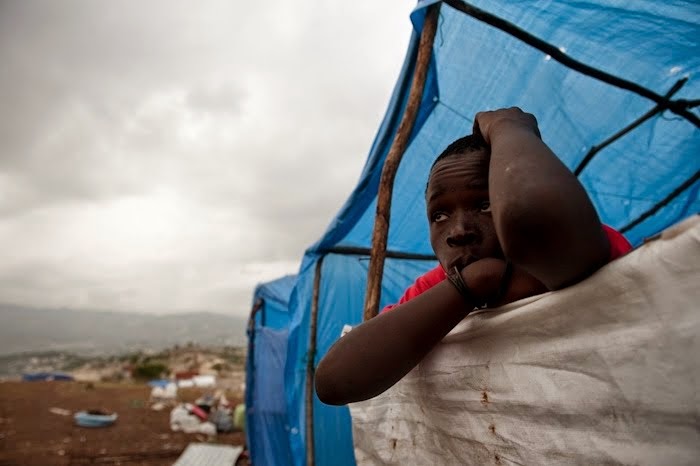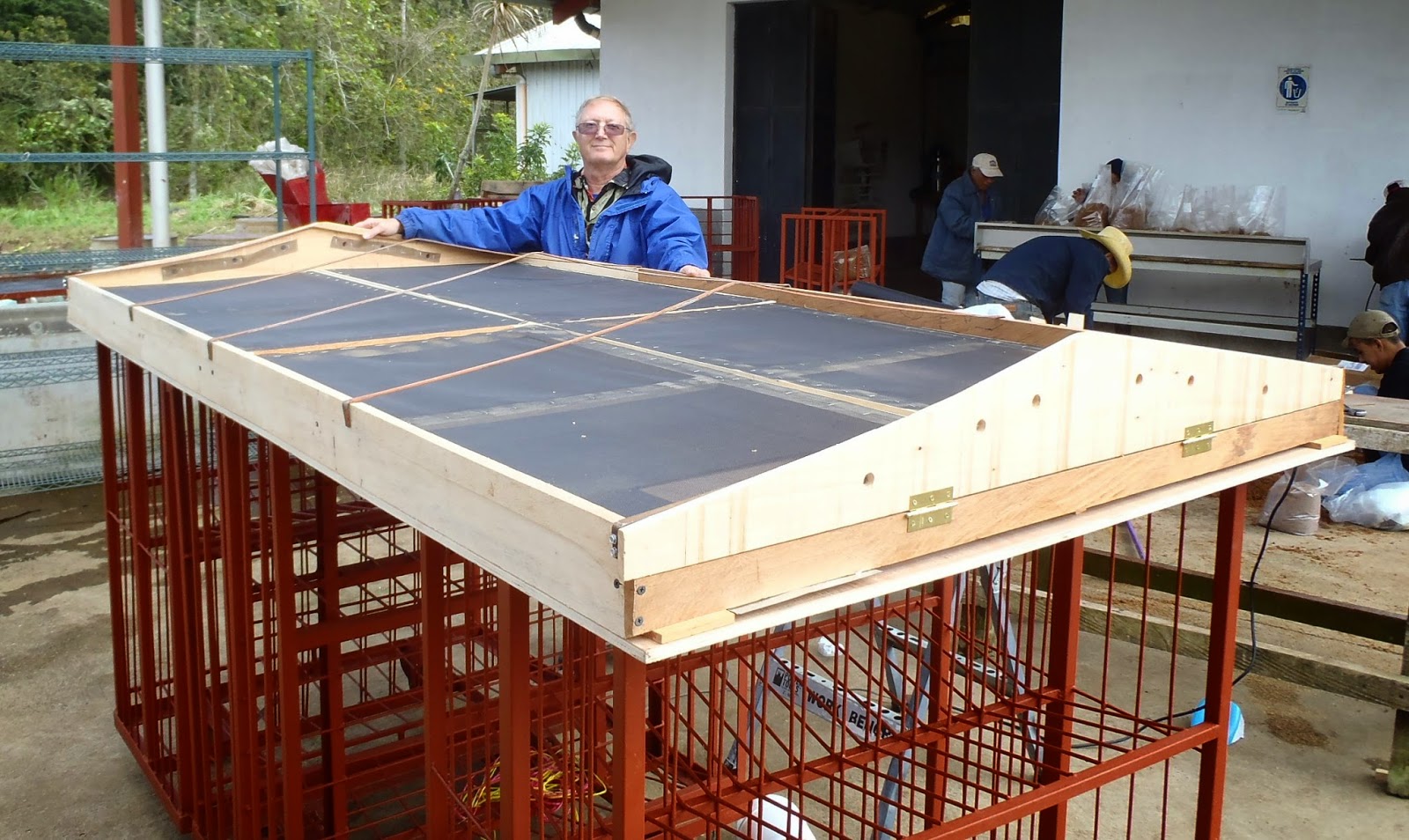Bibliotecas y Bananos

By F2F Volunteer Felice Maciejewski The last few days at Banelino were spent reviewing the existing material in the library and weeding material that did not meet the collection development criteria that I had developed. Once I was done with reviewing the material, I created several sections including: Reference, agricultural science, fair-trade and organic, Dominicano, and student/education. Because Banelino disseminates many public-service type handouts to the Banelino community I also created a handouts section. On Friday, I will be reviewing all of my recommendations to get the library up and running, with the Banelino staff. This is an exciting project that will have a wonderful impact on the Banelino community. The Banelino Library "stacks" On Thursday we drove to the Banelino headquarters in Montecristi. Banana producers and workers, Banelino staff, and family members were invited to a training session that I had prepared on finding the right and reliable i

.JPG)



